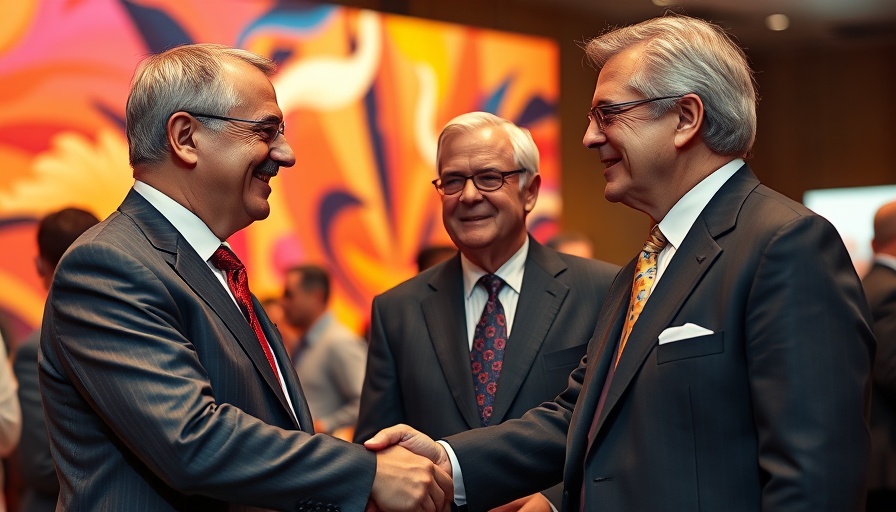
A Call for Attention to Native American Health
At a recent hearing, U.S. Health Secretary Robert F. Kennedy Jr. met with tribal leaders, revealing a crucial concern for the health of Native American communities. While Kennedy's decision to avoid layoffs at the Indian Health Service (IHS) was welcomed, the broader cuts within the Department of Health and Human Services (HHS) are casting a long shadow over their health and well-being. This meeting, highlighted by the Tribal Self-Determination and Self-Governance Conference, showed the deep-seated frustration and anxiety among tribal leaders about potential impacts on their communities.
A Fragile Safety Net Under Siege
Tribal leaders painted a concerning picture during the Senate Indian Affairs Committee meeting, indicating that aggressive cuts to vital programs are exacerbating existing health disparities. These cuts include reductions to services that tackle addiction, maternal mortality, and violence prevention, categories that already disproportionately affect Native communities. Tina Smith, a U.S. senator from Minnesota, pointed out the irony in Kennedy’s promises to support Native American health, contradicting his recent actions.
Lack of Consultation Despite Legal Obligations
Adding to the complexity, tribal leaders expressed frustration over the lack of meaningful consultations regarding these cuts—something that is legally required for changes affecting tribal health. Loni Greninger from the Jamestown S’Klallam Tribal Council emphasized the abruptness of these changes, voicing concern that this disconnection could lead to further complications in accessing critical resources. The shift of regional offices far removed from their communities threatens familiar support systems and deepens their isolation.
Implications and Community Responses
With Medicaid funding being threatened—a significant source of funding for IHS—tribal communities are left in a precarious position. The uncertainty continues to loom large as these cuts could hinder efforts to improve health outcomes for Native Americans, who already face some of the highest rates of chronic diseases and lowest life expectancies in the country. As tribal leaders strive to navigate these waters, they remain hopeful for more open discussions with HHS to restore the vital services that uphold their communities’ health.
 Add Row
Add Row  Add
Add 




 Add Row
Add Row  Add
Add 

Write A Comment